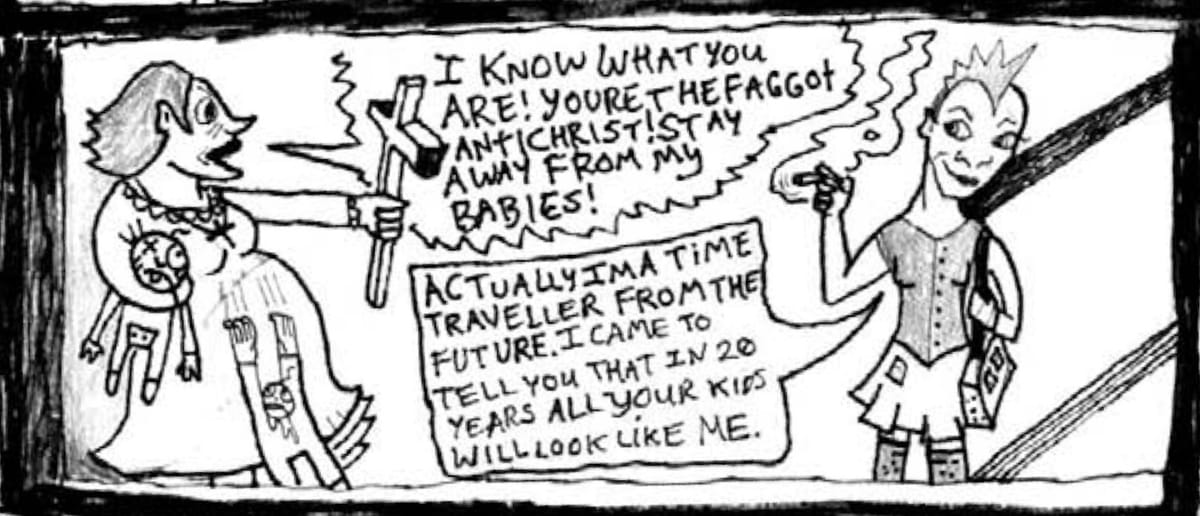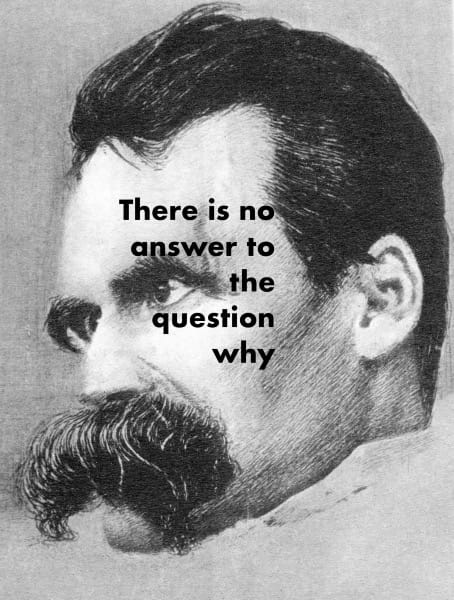
THE ILLUSION OF NEUTRALITY
Modern man, shaped by the spirit of this age, is taught to see all truth as relative, all values as negotiable, and every tradition as subject to revision in the name of progress or inclusivity.
The opinion piece linked below from The Globe and Mail laments the removal of certain books from Alberta schools, especially those with 2SLGBTQ+ themes, framing such actions as a threat to “freedom to read” and the values of an “open, pluralistic society.”
The author appeals to the modern ideals of inclusivity, self-expression, and the supposed neutrality of public education. Let's step back and view these developments through the lens of the Christian worldview, as illumined by the wisdom of the Church Fathers and the experience of the Church throughout history.

THE ILLUSION OF NEUTRALITY & THE QUESTION OF TRUTH
Modern man, shaped by the spirit of this age, is taught to see all truth as relative, all values as negotiable, and every tradition as subject to revision in the name of progress or inclusivity. But this is not freedom—it is, as written in the work Nihilism: The Root of the Revolution of the Modern Age, the belief that there is no Absolute Truth, that all is permitted, and that man himself becomes the measure of all things. The supposed "neutrality" of public education is a myth; every curriculum, every book, every omission and inclusion, forms the soul of the young toward some vision of the good. The question is not whether we will shape children, but how and toward what end.
The Church, in her wisdom, teaches that the soul is formed by what it beholds, what it contemplates, what it loves. To place before children books that normalize passions contrary to nature and to the commandments of God is not an act of neutrality, but of spiritual formation—one that leads away from the image of God and toward the abyss of self-will and confusion.

FREEDOM: FOR WHAT PURPOSE?
The author of the opinion piece, S. Bear Bergman, invokes "freedom to read" as an absolute good, but freedom in itself is not the highest value. Freedom is given to man so that he might choose the good, seek God, and ascend to likeness with Him. When freedom is divorced from truth, it becomes a snare. As the Apostle Paul warns, "Use not liberty for an occasion to the flesh, but by love serve one another" (Galatians 5:13). True freedom is not the license to indulge every desire or curiosity, but the capacity to choose the good, to discipline the passions, and to become truly human—truly oneself in Christ.
The removal of certain books from schools is not an act of oppression, but a recognition that not all things are profitable, especially for the young whose souls are tender and easily shaped. As St. John of the Ladder teaches, "A young heart is easily wounded and easily healed." What we present to the young is of eternal consequence.

THE FALSE PROMISE OF PLURALISM
The modern ideology of pluralism claims to honor all voices, but in practice it often means the systematic exclusion of the Christian voice, the voice of tradition, the voice of ascetic struggle. The "open society" becomes open to everything—except the wisdom of the saints, the teachings of the Church, the ascetic path of repentance and theosis. In the name of inclusion, the most ancient and tested wisdom is cast aside as "intolerant" or "irrelevant." But as observed in Nihilism, "The heart of this philosophy was expressed most clearly by Nietzsche and by a character of Dostoyevsky in the phrase 'God is dead, therefore man becomes God and everything is possible’”. This is not progress, but apostasy.
THE SOUL OF MODERN MAN
The real crisis is not about books, but about the soul of modern man. We are raising generations who, surrounded by amusements and distractions, are never taught to struggle, to repent, to seek the higher things. The "me generation," as described by the California monk Seraphim Rose, is trained from infancy to follow every whim, to demand comfort and affirmation, but not to endure hardship or seek the truth that demands sacrifice. When such a generation is given books that celebrate the passions, that confuse the natural order, that mock the wisdom of the ages, is it any wonder that anxiety, alienation, and despair multiply?
A Word to the Suffering Heart
To those who feel excluded or wounded by the Church's teachings, let it be said: the Church is a hospital for sinners, not a museum for the righteous. Every soul is precious, every struggle is known to God. But healing does not come by affirming our wounds as virtues, but by bringing them to Christ, who alone can heal the brokenhearted and make all things new. The path of the Gospel is narrow, but it leads to life.
THE DEEPER SPIRITUAL REALITY
What we witness in this cultural moment is not merely a political or educational dispute, but a manifestation of what Christian tradition recognizes as the Nihilist dialectic. As explained in Nihilism, this begins with Liberalism's vague tolerance and agnosticism, progresses through Realism's materialistic reduction of all higher truths, and culminates in Vitalism's restless search for meaning in all the wrong places. The modern attempt to create meaning through self-expression and the celebration of every passion is itself a symptom of the spiritual emptiness that follows when a civilization abandons its foundation in God.
The anxiety and confusion of our age, the sense that "there is no answer to the question why," as Nietzsche proclaimed, is precisely the fruit of a culture that has systematically rejected the only source of coherent meaning—the living God revealed in Jesus Christ. When children are taught that all truth is relative, that every desire is equally valid, that there is no transcendent order to which we must conform ourselves, they are being initiated not into freedom but into the abyss of meaninglessness.

THE ONLY TRUE FREEDOM
Modern man is offered a false choice: between the tyranny of imposed values and the chaos of unlimited self-expression. But the Christian path is different: it is the path of repentance, humility, and love—a love that does not flatter our passions, but calls us to become what we were created to be. "If the Son therefore shall make you free, ye shall be free indeed" (John 8:36).
Let us not be deceived by the slogans of this age. Let us, with sobriety and humility, guard the hearts of our children, remembering that "all things are lawful for me, but all things are not expedient" (1 Corinthians 6:12). The true test is not whether we are "inclusive" by the world's standards, but whether we are leading souls to the healing light of Christ, the only true and undying freedom.
The removal of certain books from schools may seem like a small matter, but it represents a recognition—however imperfect—that the formation of young souls is a sacred responsibility. In an age when the very concept of the sacred has been abandoned, even this modest acknowledgment of parental authority and traditional wisdom is a ray of hope. For in the end, the choice is not between tolerance and intolerance, but between the Kingdom of God and the kingdom of man—between the order that leads to life and the chaos that leads to death.

